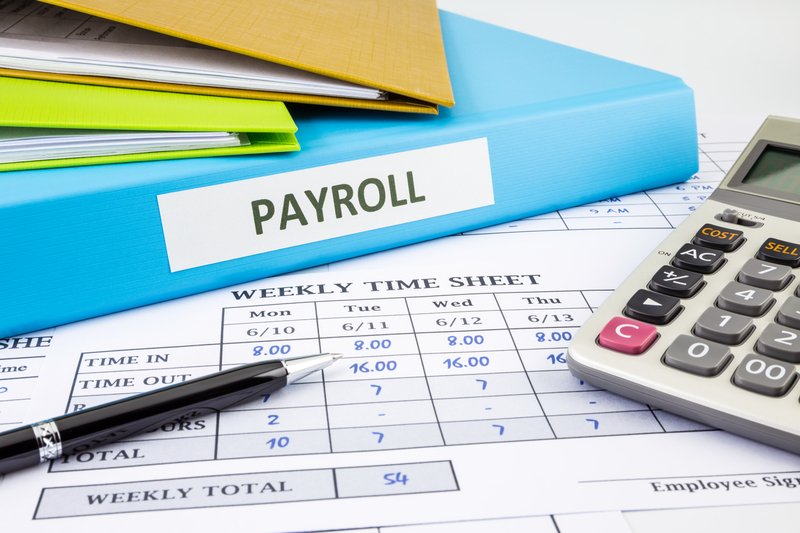In this article, we look at what the PAYE scheme is, and how it applies to the self employed, including limited company directors.
If you have been an employee working for someone else before starting your own business, then you’ve already been subjected to PAYE, or Pay As You Earn.
It’s a scheme operated by HMRC to take income tax from employees as they earn it. As you’ll know from seeing your payslip, the tax is deducted before you get your hands on the cash!
If you run your business as a sole trader, then you are self employed and not affected by PAYE. You will self assess your income and complete a tax return.
However if you run a limited company and draw a salary, then you are an employee (even if you are a director). You need to understand PAYE and what your obligations as an employer are. It’s a deeply complicated subject with many rules, and you would be well advised to get professional advice on your particular situation.
Many businesses outsource their payroll to bookkeepers or accountants. This can be a cost effective way to keep your paperwork correct and legal, but remember it’s you that is still legally responsible for any mistakes.
How PAYE works
Everyone is entitled to earn a certain amount of money tax free – known as a personal allowance. Other allowances – such as the personal allowance – are available depending on circumstances. You then pay tax at rates of 20%, 40%, or 45%, depending on how much salary you are paid.
These allowances and rates can be changed in the budget each year. For the latest rates, click here.
PAYE is applied to all payments to an employee, including their normal salary, any overtime, tips, bonuses, Statutory Sick Pay and maternity/paternity pay.
You will also need to collect tax on lump sum redundancy payments (although the first £30,000 is tax free).
Employees must also be taxed on benefits they receive (known as ‘benefits in kind’), such as a company car or private medical insurance.
Typically these benefits are not taxed under PAYE, but are calculated at the end of the tax year and the effect added to the employee’s tax code for the next year.
Calculating PAYE
Every employee is given a tax code by HMRC. As an employer you need to use that and official pay tables to work out how much to deduct from their payroll each month.
By the 19th of each month (or the 22nd if you make electronic payments) you must send the most recent amounts you have deducted from your employees to HMRC. It’s possible you can make these payments quarterly if your average monthly payments are less than £1,500.
Whether you do your own accounts, or hire an accountant to do this for you, you will need to set up a payroll system to get started.
Your payroll system should be set up to communicate with HMRC in real-time, via Full Payment Submissions (FPS). You process a FPS every time you pay your employees.
Keeping records
You are required to keep a record of everything you’ve paid to your employees, using some simple forms available.
You must give your employee a wage slip every time you pay them, to show how that pay was worked out. The Gov.uk website has helpful information to help you run your business payroll here.
You must also provide a P60 form at the end of each tax year, plus a P11d if they have taxable benefits. And finally a P45 form for your employee when they leave you.
You need to keep payroll administration forms with records of all payments. You can consult our guide to key small business payroll forms for more information.
Potential pitfalls
If you pay too little or too late, you will be charged interest and may even get a fine. There is a highly detailed and useful guide to employers available here on the HMRC website.
Remember to get professional advice from a qualified accountant before taking any action. Don’t rely purely on information contained in this article.
Subscribe to ByteStart's monthly small business owners' newsletter!

|
Free Tide Business Bank Account - up to £150 Cashback!Simply open a free business current account to qualify + 12 months free transactions. Read our Tide review. Open a Tide savings account at the same time and earn an excellent 4.07% AER (variable) on your spare funds. |











